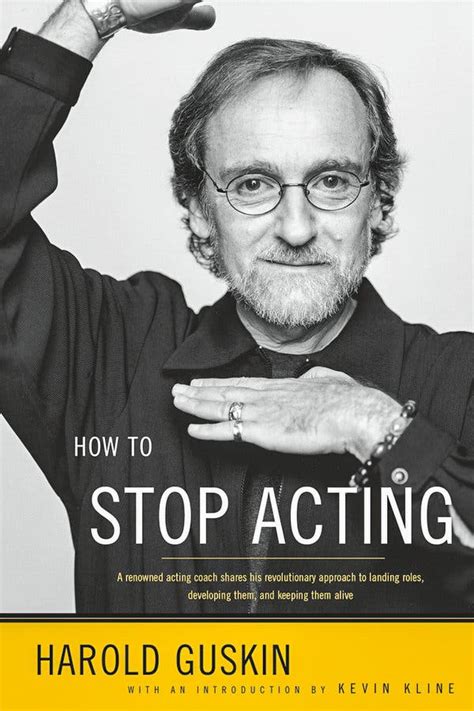A Quote by Erich Fromm
The application of psychoanalysis to sociology must definitely guard against the mistake of wanting to give psychoanalytic answers where economic, technical, or political facts provide the real and sufficient explanation of sociological questions. On the other hand, the psychoanalyst must emphasize that the subject of sociology, society, in reality consists of individuals, and that it is these human beings, rather than abstract society as such, whose actions, thoughts, and feelings are the object of sociological research.
Quote Topics
Abstract
Actions
Against
Answers
Application
Beings
Consists
Definitely
Economic
Emphasize
Explanation
Facts
Feelings
Give
Guard
Hand
Human
Human Being
Human Beings
Individuals
Mistake
Must
Object
Other
Political
Provide
Psychoanalysis
Psychoanalytic
Questions
Rather
Real
Reality
Research
Society
Sociological
Sociology
Subject
Sufficient
Technical
Than
Thoughts
Wanting
Whose
Related Quotes
Sociological method as we practice it rests wholly on the basic principle that social facts must be studied as things, that is, as realities external to the individual. There is no principle for which we have received more criticism; but none is more fundamental. Indubitably for sociology to be possible, it must above all have an object all its own. It must take cognizance of a reality which is not in the domain of other sciences... there can be no sociology unless societies exist, and that societies cannot exist if there are only individuals.
Psychoanalysis , which interprets the human being as a socialized being, and the psychic apparatus as essentially developed and determined through the relationship of the individual to society, must consider it a duty to participate in the investigation of sociological problems to the extent the human being or his/her psyche plays any part at all.
Many, and I think the determining, constitutive facts remain outside the reach of the operational concept. And by virtue of this limitation this methodological injunction against transitive concepts which might show the facts in their true light and call them by their true name the descriptive analysis of the facts blocks the apprehension of facts and becomes an element of the ideology that sustains the facts. Proclaiming the existing social reality as its own norm, this sociology fortifies in the individuals the "faithless faith" in the reality whose victims they are.
Opportunism towards knowledge is a utilitarian demand that knowledge must be immediately practical. Just like with sociology where we hope its purpose is to serve society, however, the true purpose of sociology lies in its impracticality. It cannot become practical or else it loses its meaning. Perhaps we should learn a different kind of knowledge: the knowledge to question knowledge.
Internationalism is a community theory of society which is founded on economic, spiritual, and biological facts. It maintains that respect for a healthy development of human society and of world civilization requires that mankind be organized internationally. Nationalities should form the constitutive links in a great world alliance, and must be guaranteed an independent life in the realm of the spiritual and for locally delimited tasks, while economic and political objectives must be guided internationally in a spirit of peaceful cooperation for the promotion of mankind's common interests.
[T]here are, at bottom, basically two ways to order social affairs, Coercively, through the mechanisms of the state - what we can call political society. And voluntarily, through the private interaction of individuals and associations - what we can call civil society. ... In a civil society, you make the decision. In a political society, someone else does. ... Civil society is based on reason, eloquence, and persuasion, which is to say voluntarism. Political society, on the other hand, is based on force.
I have been accused of being ignorant of economics (although I am the founder and Chairman of the Board of a company which publishes seven professional economic newsletters), of being ignorant of sociology (although I am trained in sociology and was C. Wright Mills' research assistant at Columbia), of being unable to use statistics (although I earned my living as a professional statistician for five years) and of ignoring political factors (although all my graduate training was in political science).
If you are to do justice to [the great roles], you must fly up to them - rather than dragging them down to you - by expanding your range of knowledge and strengthening your imagination. Your imagination must become as real to you as your memories and feelings. What you take into yourself about psychology, politics, sociology, history and so on, will allow you to reach places in yourself you didn't know existed. No line, no image, no thought can be left general. Each must be specific and personal. Your work is not complete until this is so.
How Human beings are, that is how the society will be. So, creating human beings who are flexible and willing to look at everything rather than being stuck in their ideas and opinions definitely makes for a different kind of society. And the very energy that such human being carry will influence everything around them.
I think sociologists are among the best at thinking about emergence, of thinking about the ways that the society is more than the sum of the individuals. And I've found that much of the wisest writing on human social nature comes from sociology and anthropology, not from my own field of social psychology.
Surely all Americans have the right to give their money only to those causes which they support. But what kind of society has this created? A society where the ignorant reign. A society where enlightened must hold their tongues. A nation whose politicians must profess half-hearted devotion to an ancient fable or face the disastrous consequences of speaking their true mind.





































